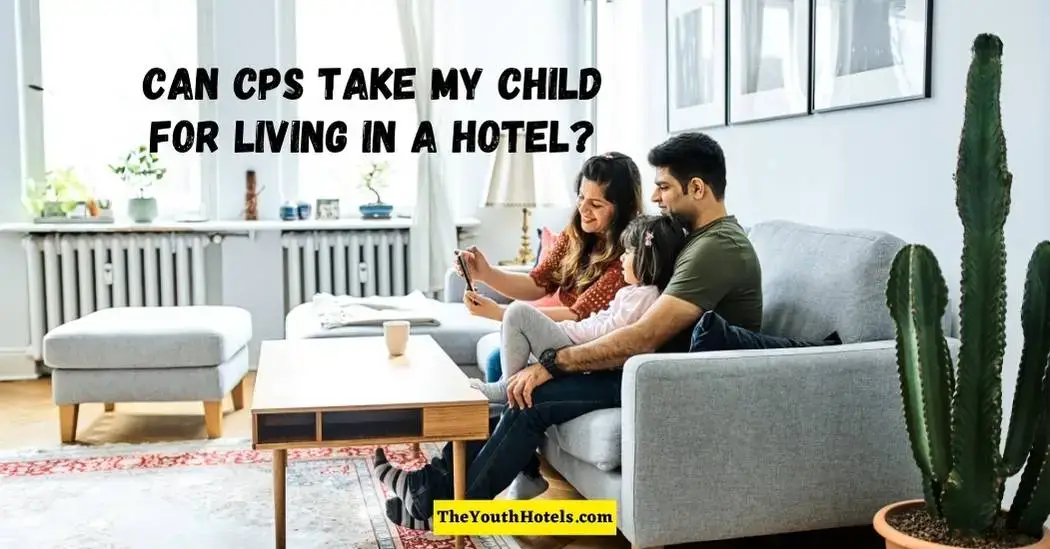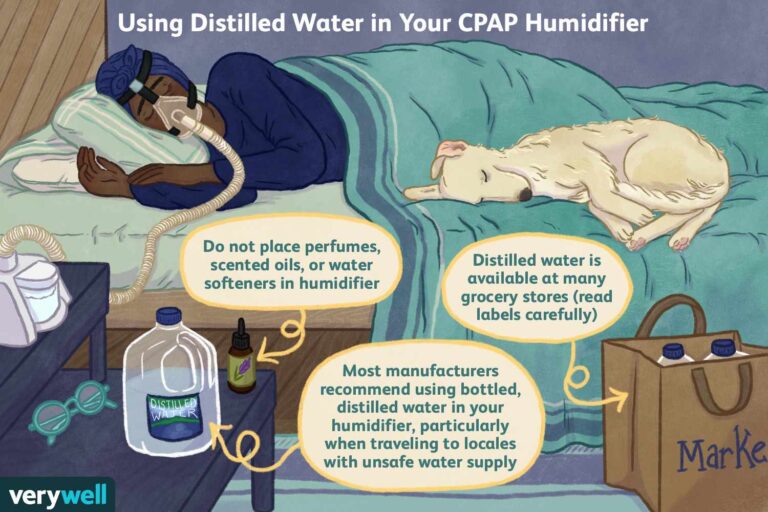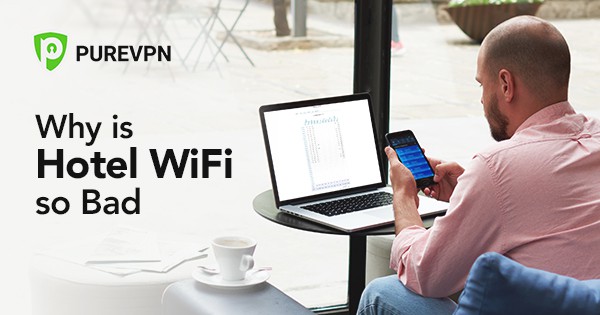Can CPS Take My Child for Living in a Hotel?

CPS can take a child living in a hotel if they determine it to be unsafe or detrimental to the child’s well-being. Living in a hotel can potentially lead to Child Protective Services (CPS) getting involved if they deem it to be a hazardous or unsuitable environment for a child.
CPS’s primary concern is the welfare and safety of the child, so if living in a hotel compromises these factors, they may intervene.
Factors that CPS may consider include the hotel’s conditions, access to basic necessities, stability, and whether there are any potential risks or dangers present.
Instances such as lack of proper living arrangements, risk of abuse or neglect, exposure to drugs or dangerous individuals, or inadequate supervision could prompt CPS to take action.
It is important to provide a safe and stable living situation for a child to avoid involvement with CPS.

Credit: agapepress.org
Navigate Where You Want:
- The Impact Of Hotel Living On Child Custody Cases
- Factors Considered By CPS in Determining Child Custody
- Addressing Concerns About Hotel Living
- Seeking Legal Advice And Support
- Gathering Evidence And Preparing Your Case
- Working With CPS and The Court
- Support Systems For Families In Hotel Living Scenarios
- The Role Of Advocacy Organizations
- Custody Modifications And Long-Term Solutions
- Frequently Asked Questions
- Is It OK to Live In A Hotel With Kids?
- What Is A Stable Environment For A Child?
- Is There A Limit To How Long You Can Stay At A Hotel?
- Can CPS Take My Child For Living In A Hotel In Texas?
- Conclusion
The Impact Of Hotel Living On Child Custody Cases
Living in a hotel can present challenges for families involved in child custody cases. Child protective services (CPS) plays a crucial role in determining the welfare of the child in such situations.
Families in hotels face various hurdles, such as limited space, lack of stability, and inadequate resources.
These challenges can impact the well-being and proper development of the child. CPS assesses the suitability of hotel living arrangements by considering factors like safety, hygiene, and access to basic necessities.
They evaluate whether the child is at risk or experiencing harm due to the hotel environment.
The goal is to ensure that the child’s best interests are prioritized and that they have access to a safe and stable living situation.
Factors Considered By CPS in Determining Child Custody
CPS takes into account various factors when determining child custody, always prioritizing the best interests of the child. One significant aspect they evaluate is the suitability of hotel living.
They consider the conditions and amenities provided by the hotel to ensure they meet the child’s basic needs.
Factors such as safety, cleanliness, and access to essential services like healthcare and education are carefully assessed.
CPS also considers the stability and consistency that a hotel living situation can provide for the child. They want to ensure that the child will have a stable and secure environment to grow and thrive.
While living in a hotel alone may not automatically result in the removal of a child, CPS will thoroughly evaluate the situation to ensure the child’s welfare is protected.
Ultimately, their goal is to provide the child with a safe and nurturing environment.
Addressing Concerns About Hotel Living
There are concerns about living in a hotel and the possibility of Child Protective Services (CPS) getting involved.
As a parent, it is important to show stability and provide a safe environment for your child. To address these concerns, consider exploring alternative housing options that offer more stability and security.
Look into affordable housing programs, seek assistance from local charities or government agencies, or even consider staying with family or friends temporarily.
By finding more permanent and reliable housing, you can demonstrate to CPS and others that you are committed to providing a stable and safe home for your child.
Remember, the goal is to create a nurturing environment that meets your child’s needs and ensures their well-being.
Seeking Legal Advice And Support
If you are wondering whether Child Protective Services (CPS) can take your child because you are living in a hotel, it is crucial to seek legal advice and support.
Consulting a family attorney who specializes in child custody can help you understand your rights and responsibilities in this situation.
They can provide guidance on how to navigate the CPS process and ensure the best possible outcome for you and your child.
It is important to remember that every case is unique and consulting a professional is the best way to obtain accurate legal advice tailored to your specific circumstances.
By seeking legal advice and support, you can have a clearer understanding of the steps to take and the options available to you in protecting your parental rights.
Gathering Evidence And Preparing Your Case
Living in a hotel can raise concerns about child welfare, and it’s crucial to gather evidence and prepare a strong case if Child Protective Services (CPS) becomes involved.
Documenting your efforts to secure stable housing is essential in demonstrating your commitment to providing a safe and suitable environment for your child.
This can include keeping records of your search for permanent housing, any applications made, and communication with landlords.
Furthermore, utilizing testimonies from friends, family, or professionals who can vouch for your parenting abilities can bolster your case.
Expert evaluations, such as assessments from social workers or therapists, can also provide valuable insight into your child’s well-being and your capacity to care for them appropriately.
By presenting comprehensive evidence and demonstrating your commitment to securing stable housing, you can strengthen your case in the face of concerns raised by CPS.
Working With CPS and The Court
Living in a hotel does not automatically mean that CPS can take your child away. It is important to work with CPS and the court to navigate through the situation.
Cooperation and communication with CPS is crucial. You should prepare for court hearings and custody evaluations to present your case effectively.
Work closely with your attorney to understand the legal process and gather any necessary evidence.
Demonstrate your commitment to providing a safe and stable environment for your child. It is essential to follow any court orders and attend all required meetings and appointments.
By actively engaging with CPS and the court, you can demonstrate your dedication as a parent and increase your chances of a favorable outcome.
Support Systems For Families In Hotel Living Scenarios
When living in a hotel, families may wonder if CPS can take their child away. However, there are support systems available to help.
Community resources and social services can offer assistance in various ways. Families can reach out to support groups for guidance and understanding.
Additionally, counseling options can provide emotional support and help families navigate the challenges they may face.
It is important for families in hotel living scenarios to be aware of these resources and utilize them to ensure the well-being of their children.
By accessing these support systems, families can find the help they need and gain a sense of stability in their temporary living situation.
The Role Of Advocacy Organizations
Advocacy organizations play a crucial role in supporting individuals facing child custody and housing issues. These groups specialize in providing assistance and guidance to families living in hotels who may be at risk of having their children taken by Child Protective Services (CPS).
They offer a range of services aimed at protecting parental rights and ensuring safe and stable housing for children.
By understanding the specific laws and regulations surrounding child custody and housing, advocacy organizations can provide valuable resources and advice to families in need.
Their knowledge and expertise in this area can be instrumental in helping parents navigate complex legal processes and advocate for their rights.
With their support, families living in hotels can access the necessary tools to protect their children and secure suitable housing arrangements.
Custody Modifications And Long-Term Solutions
Living in a hotel can lead to concerns about child custody, but there are ways to navigate the modification process.
Securing stable housing is essential for long-term solutions. When it comes to custody modifications, it is important to consider the best interests of the child.
By finding suitable housing, you can show that you provide a stable environment. Additionally, it is crucial to communicate openly with the other parent and the court.
Explaining your situation and presenting a plan for long-term housing can help alleviate any concerns.
Moreover, providing evidence of efforts to secure stable housing can greatly benefit your case. However, keep in mind that each case is unique, and it’s important to consult with a family law attorney for guidance through the custody modification process.
Ultimately, ensuring a stable living situation for your child is key when facing custody disputes while living in a hotel.
Frequently Asked Questions
Is It OK to Live In A Hotel With Kids?
Yes, it is absolutely fine to live in a hotel with kids. Hotels offer a range of amenities and services designed to cater to families. With spacious rooms and child-friendly facilities, hotels can provide a comfortable and convenient accommodation option for families with kids.
Many hotels also offer activities and entertainment suitable for children, ensuring they have a fun and enjoyable stay.
Additionally, hotels often have onsite dining options, swimming pools, and even play areas, allowing kids to stay engaged and entertained during their stay.
Staying in a hotel with kids can be a great way to take a break from routine and enjoy a hassle-free vacation together as a family.
What Is A Stable Environment For A Child?
A stable environment for a child is a secure, consistent, and nurturing setting that promotes their overall well-being. It provides the child with a sense of safety, predictability, and emotional support, which are vital for their development.
Stability can be achieved through various factors such as a loving and engaged family, a structured daily routine, stable relationships with caregivers, a safe physical environment, and access to basic necessities like food, shelter, and healthcare.
A stable environment also means having healthy boundaries, clear expectations, and consistent discipline methods. It allows the child to build strong attachments, develop self-esteem, and cultivate healthy social and emotional skills.
Stability helps the child establish a solid foundation for their future growth and success in different areas of life, including education, relationships, and overall happiness.
Is There A Limit To How Long You Can Stay At A Hotel?
Hotels typically have a maximum stay limit, which can vary depending on the hotel’s policies. The maximum stay is usually mentioned in the terms and conditions or on the hotel’s website. It’s important to check with the hotel directly for specific information about their maximum stay duration.
Can CPS Take My Child For Living In A Hotel In Texas?
CPS can take your child living in a hotel in Texas if they deem it unsafe or unfit for your child’s well-being.
Conclusion
When facing the possibility that CPS may take your child because you’re living in a hotel, it’s essential to understand the factors that are considered in such cases.
While living in a hotel alone doesn’t automatically deem you an unfit parent, there are certain circumstances that may raise concerns.
It’s important to ensure your child’s safety, stability, and adequate living conditions. Providing a stable environment, access to education, and meeting their basic needs are crucial to demonstrating your capability as a parent.
Seeking assistance and support from community organizations, social workers, and legal professionals can help navigate the process if you find yourself in this situation.
Ultimately, the best interests of the child are taken into account in CPS investigations. By addressing any concerns and actively working towards improving your situation, you can increase the chances of CPS concluding that your child can remain with you, regardless of your current living situation.
Remember, the goal is to provide a safe and nurturing environment for your child’s overall well-being.
Also Read:
- Do Hotels Check How Many Guests
- Can a Hotel Refuse a Guest?
- How to Say Thank You to Hotel Guest
- How to Send a Letter to a Hotel Guest
- Can You Call a Hotel and Ask for a Guest
- Can Anyone Book a Hearing Accessible Hotel Room?
- Can Hotels See What You Are Browsing?
- How Much Do Hotels Charge for Incidentals
- What Can You Take from a Hotel
- Can You Use a Hotel Pool Without Staying There





